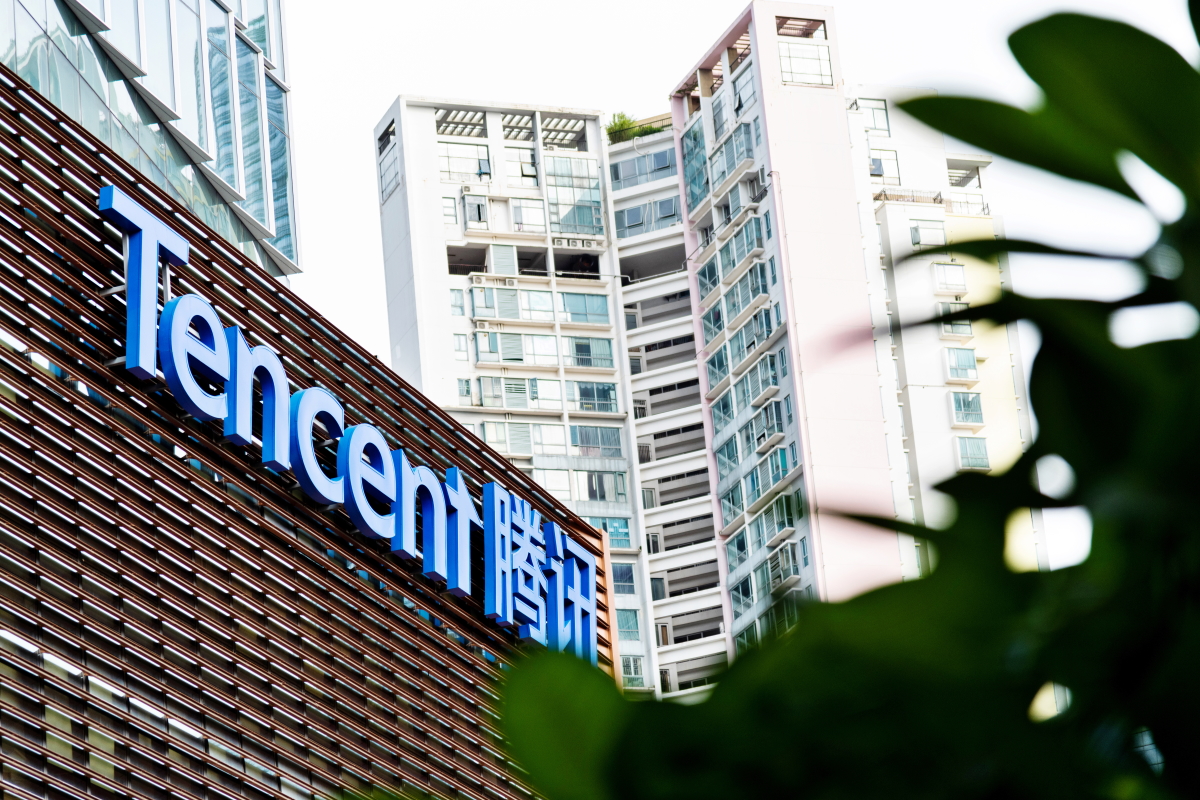With increased regulatory pressure on the domestic market, Chinese internet companies are looking to expand to overseas markets, particularly in other Asian countries. China’s State Administration for Market Regulation (SAMR) has been tightening regulations on how tech firms should conduct business in the country, particularly on the issues of unfair competition and mishandling of customer data.
As a response, Chinese internet companies are looking to make investments and acquisitions outside China.
Chinese messaging and gaming giant Tencent is expanding its investments in Japan. The company plans on acquiring a 6.86% stake in Kadokawa, a Japanese publishing company, for $264 m. In a stock exchange filing, Kadokawa announced that Hong Kong-based Tencent subsidiary Sixjoy would be making the acquisition.
The Chinese company will buy 4.86 million shares from the Japanese publisher at a 2.3% premium for 6,170 yen or about $54 per share. The deal is expected to be executed between November 15 and 26. If successful, the acquisition will make Tencent the third-largest shareholder of Kadokawa, which publishes around 5,000 book titles yearly, from novels to comic books.
The deal follows Tencent’s $567 m investment for a 3.65% stake in Japanese e-commerce company Rakuten last March.
Furthermore, Tencent announced in September 2020 to open an office in Singapore to serve as its Southeast Asian regional hub. The Chinese tech giant has found success in the region, including its mobile games and cloud computing arm, Tencent Cloud. The firm also said that a Singapore hub would capture the demand for internet-based services and solutions in the city-state.
Meanwhile, video app TikTok owner ByteDance Ltd. moved to a larger office in Singapore’s financial district and began a hiring spree last year as part of its expansion plan. Between September of last year to February of this year, ByteDance posted a third of its job vacancies in Singapore, more than twice of those it posted in China during the period. Hiring was focused on specialised engineers.
On the other hand, Chinese e-commerce giant Alibaba bought a 50% stake in an office tower in Singapore last year for $1.2 bn. The 50-story building called the AXA Tower currently houses its e-commerce unit Lazada as the main tenant.
Alibaba’s fintech arm, Ant Group, is also expanding into Singapore. It has also won a digital banking license from the Singapore government last December. Last year, Chinese authorities forced Ant to cancel its record-breaking initial public offering (IPO).
The challenge to Chinese internet firms
China directs its efforts towards anti-monopoly and data security crackdowns. As a result, Internet companies have lost more than $1.3 tn in total market value.
Alibaba received a $2.8 bn antitrust penalty while food delivery platform Meituan is being investigated for alleged anticompetitive behaviour. Tencent’s merger with Huya and DouYu was also halted.
The new rules released by the State Administration for Market Regulation (SMAR) last August state that online platforms “must not implement or assist in the implementation of unfair competition on the Internet, disrupt the order of market competition, affect fair transactions in the market.”
According to the SMAR draft rules on recommendation algorithms, firms should not create algorithms that influence users to become addicted or spend large amounts of money. They should notify users clearly about the algorithmic recommendation services they provide.
The rules also state that users should be able to turn off these recommendation services and be given a way to select, change, or delete user tags used for the algorithm. Furthermore, algorithms used in marketing goods and services should not be used to conduct ‘unreasonable’ differentiation in terms of trading conditions or pricing. Violators will be fined between $773 and $4,637.
While most Chinese tech giants do not directly earn from these algorithms, they use them to steer consumers toward specific products. They monetize this through ads or influencing users to avail their products and services. These latest rules could potentially prompt these companies to make changes to their business models.
Ziyang Fan, head of digital trade at the World Economic Forum explained that the impact of these new rules on operations and profits is yet to be determined and will depend on various factors, including enforcement level and market reactions.
He argued that profit implications could be significant if there is a crucial decline in daily active users (DAU) and retention rates following the implementation of these rules. He also expects social media firms to feel the impact more, compared to online shopping platforms and ride-hailing companies.










 Australia
Australia China
China India
India Indonesia
Indonesia Japan
Japan Malaysia
Malaysia Philippines
Philippines Singapore
Singapore South Korea
South Korea Taiwan
Taiwan Thailand
Thailand Vietnam
Vietnam Germany
Germany Hong Kong
Hong Kong USA
USA Switzerland
Switzerland Singapore
Singapore
 United Kingdom
United Kingdom








